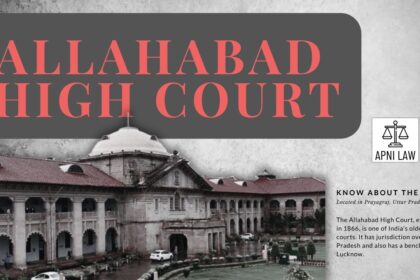Code
(1) Any police officer may seize any property which may be alleged or suspected to have been stolen, or which may be found under circumstances which create suspicion of the commission of any offence.
(2) Such police officer, if subordinate to the officer in charge of a police station, shall forthwith report the seizure to that officer.
1[(3) Every police officer acting under sub-section (1) shall forthwith report the seizure to the Magistrate having jurisdiction and where the property seized is such that it cannot be conveniently transported to the Court, 2[or where there is difficulty in securing proper accommodation for the custody of such property, or where the continued retention of the property in police custody may not be considered necessary for the purpose of investigation], he may give custody thereof to any person on his executing a bond undertaking to produce the property before the Court as and when required and to give effect to the further orders of the Court as to the disposal of the same:]
3[Provided that where the property seized under sub-section (1) is subject to speedy and natural decay and if the person entitled to the possession of such property is unknown or absent and the value of such property is less than five hundred rupees, it may forthwith be sold by auction under the orders of the Superintendent of Police and the provisions of sections 457 and 458 shall, as nearly as may be practicable, apply to the net proceeds of such sale.]
Explanation
This section outlines the circumstances under which a police officer can seize property, even without a warrant. These circumstances include:
- When a cognizable offense is being committed or has been committed: This applies to offenses where police can arrest a suspect without a warrant.
- When property is likely to be used as evidence in a criminal case: This applies when the property could be used to prove a crime.
- When property is likely to be used for committing a cognizable offense: This applies if the property itself could be used to commit a crime (e.g., weapons, tools used for breaking and entering).
- When property is likely to be used for concealing stolen property or other property: This applies when the property is used to hide evidence of a crime.
- When property is suspected to be stolen property: This applies even without confirmation, but the police must have reasonable suspicion.
- When property is required for investigation or for the purpose of preventing an offense: This applies when the property is needed to gather evidence or to prevent a crime.
Illustration
Imagine a police officer sees someone running away from a shop, carrying a bag. The officer suspects the person stole something. The officer can use Section 102 to seize the bag, as it is likely to contain stolen property.
Common Questions and Answers
Q: Does the police officer need to have a warrant to seize property under this section?
A: No, a warrant is not required in the circumstances mentioned in Section 102.
Q: What if the owner of the property objects to the seizure?
A: The owner can approach a Magistrate for the return of the property. The Magistrate will then decide if the seizure was justified.
Q: What happens to the seized property?
A: The seized property is usually kept in the custody of the police station until the investigation is complete. The court will then decide the fate of the property.
Q: Are there any limitations to the police power under this section?
A: Yes. The power must be exercised reasonably and fairly. The police cannot seize property arbitrarily or for malicious purposes.








